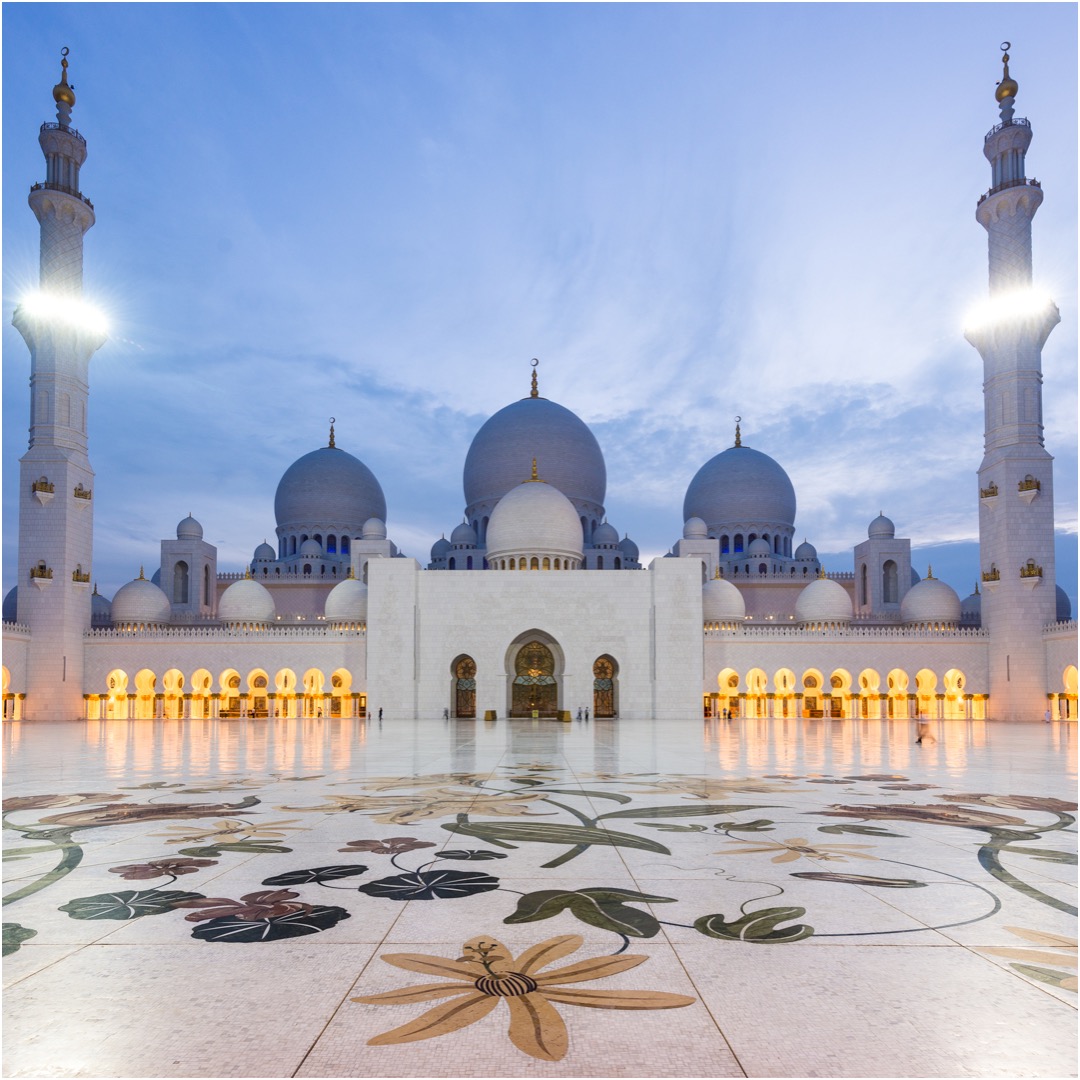Islamic Finance

Islamic finance has emerged as an effective tool for financing development worldwide, including in non-Muslim countries. Major financial markets are discovering solid evidence that Islamic finance has already been mainstreamed within the global financial system – and that it has the potential to help address the challenges of ending extreme poverty and boosting shared prosperity.
The Islamic finance industry has expanded rapidly over the past decade, growing at 10-12% annually. Today, Sharia-compliant financial assets are estimated at roughly US$2 trillion, covering bank and non-bank financial institutions, capital markets, money markets and insurance (“Takaful”).
In many majority Muslim countries, Islamic banking assets have been growing faster than conventional banking assets. There has also been a surge of interest in Islamic finance from non-Muslim countries such as the UK, Luxembourg, South Africa, and Hong Kong.
Over the past decade Islamic finance has emerged as an effective tool for financing development worldwide, including in non-Muslim countries. Major financial markets are discovering solid evidence that Islamic finance has already been mainstreamed within the global financial system – and that it has the potential to help address the challenges of ending extreme poverty and boosting shared prosperity.
Islamic finance is equity-based, asset-backed, ethical, sustainable, environmentally- and socially-responsible finance. It promotes risk sharing, connects the financial sector with the real economy, and emphasizes financial inclusion and social welfare.
The following key principles guide Islamic Finance: 1) Prohibition of interest on transactions (riba); ii) Financing must be linked to real assets (materiality); iii) Engagement in immoral or ethically problematic businesses not allowed (e.g., arms manufacturing or alcohol production); iv) Returns must be linked to risks.
Islamic Finance Principles and Instruments
The term Islamic finance is used to refer to financial activities conforming to Islamic Law (Sharia). One of the main principles of the Islamic finance system is the prohibition of the payment and the receipt of riba (interest) in a financial transaction. The term riba covers all forms of interest and is not limited to usury or excessive interest only. The most critical and significant implication of banning interest is the indirect prohibition of a “pure” debt security. The key point to bear in mind is that Islamic law doesn’t recognize money and money instruments as a commodity but merely as a medium of exchange. Hence any return must be tied to an asset, or participation and risk-taking in a joint enterprise (such as partnerships). A pure debt security is replaced with an “asset-linked” security, direct financing of a real asset, and different forms of partnerships of which equity financing is the most desirable.
In addition to prohibition of riba, there are several other important provisions which may affect financial transactions. These include the prohibition of ‘gharar’ (uncertainty or asymmetrical information), ‘maysir’ (gambling, speculation), hoarding, as well as trading in prohibited commodities (for example, pork and alcohol).
Instruments
Basic instruments include: cost-plus financing (murabaha), profit-sharing (mudaraba), leasing (ijara), partnership (musharaka) and forward sale (bay’salam). These constitute the basic building blocks for developing a wide array of more complex financial instruments.
Murabaha – Trade with markup or cost-plus sale. The purchase of an asset is financed for a profit margin, with the asset purchased on behalf of client and resold at a pre-determined price. Payment could be in lump sum or in installments and ownership of the asset remains with bank till full payments are made
Ijara – Operational or financial leasing contracts. Bank purchases asset on behalf of client and allows usage of asset for a fixed rental payment. Ownership of the asset remains with the financier but may gradually transfer to the client who eventually becomes the owner (ijara wa iqtina).
Mudaraba – Trustee financing contract. One party contributes capital while the other contributes effort or expertise. Profits are shared according to a predetermined ratio and the investor is not guaranteed a return and bears any financial loss.
Musharaka – Equity participation contract. Different parties contribute capital and profits are shared according to a pre-determined ratio, not necessarily in relation to contributions, but losses are shared in proportion to capital contributions. The equity partners share and control how the investment is managed and each partner is liable for the actions of the others.
Sales contracts. Deferred-payment sale (bay’ mu’ajjal) and deferred-delivery sale (bay’salam) contracts, in addition to spot sales, are used for conducting credit sales. In a deferred-payment sale, delivery of the product is taken on the spot, but delivery of the payment is delayed for an agreed period. Payment can be made in a lump sum or in installments, provided there is no extra charge for the delay. A deferred-delivery sale is similar to a forward contract where delivery of the product is in the future in exchange for payment on the spot market.
Sukuk – Certificates of Ownership. Sukuk are certificates of equal value representing undivided shares in ownership of tangible assets, usufruct and services, or (in the ownership of) the assets of particular projects. The returns on the certificates are directly linked to the returns generated by the underlying assets.